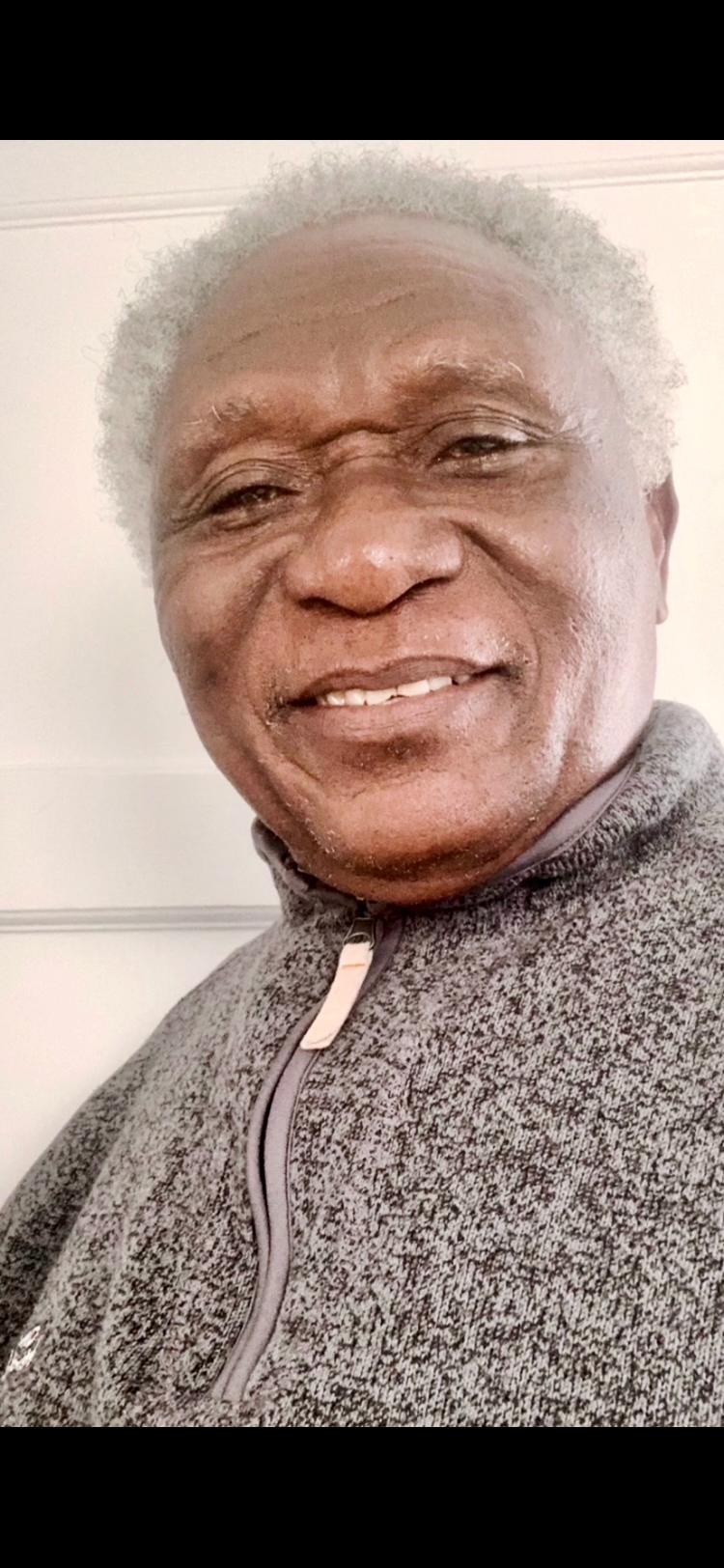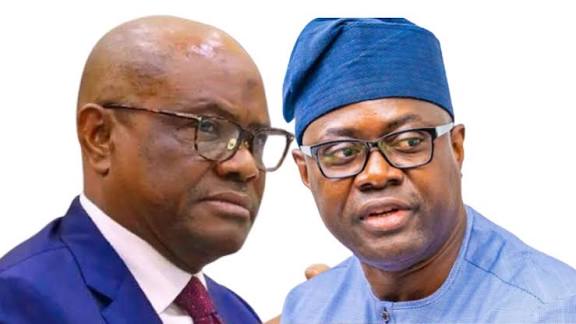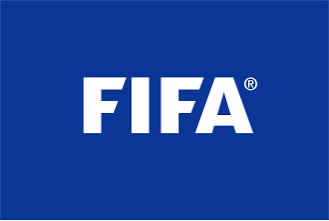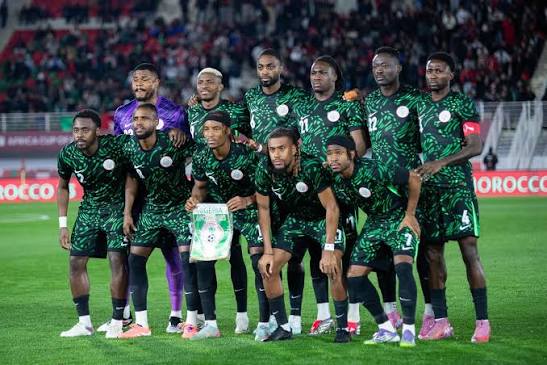
By Segun Adediran
Nigeria is a country of mindblowing contradictions, illogicalities and absurdities. The situation is puzzling! The country exports raw materials like crude oil and imports refined products like petroleum. We are selling the ingredients and buying the finished product. This paradox not only highlights issues with local refining capacity and infrastructure, but it also reflects in Nigeria’s corruption sector where our rulers end up borrowing from abroad what they have stolen at home.
My heart bleeds as I write this. The country’s vast natural resources and human potential are squandered by a system marred by corruption, inefficiency, and a lack of accountability. As the world watches, Nigeria’s struggles offer valuable lessons on the importance of good governance.
Let’s start with the looting. Since Nigeria’s independence in 1960 up to 2019, an estimated $582 billion was stolen from the country, the United Kingdom-based Chatham House reported. Out of this, $4 billion in cash and $2 billion in assets were recovered from Sani Abacha’s looted funds. Funny enough, much of Abacha’s loot has been “relooted”. A Federal High Court in Abuja ordered the governments of former Presidents Olusegun Obasanjo, late Umaru Musa Yar’Adua, Goodluck Jonathan, and Muhammadu Buhari to account for the $5 billion returned Abacha loot.
After Abacha, what happened? A 2012 Global Financial Integrity report estimated that $129 billion was looted from Nigeria within a decade.
In 2022, the government uncovered a massive fuel subsidy scam involving billions of naira. The scandal implicated several government officials and businessmen, highlighting the depth of corruption in the country’s fuel subsidy programme. Again, in 2020, the Economic and Financial Crimes Commission arraigned a former Minister of Agriculture over a N2.7 billion poultry scam. The scandal involved the diversion of funds meant for poultry development to personal accounts. The infamy is endless.
And now the borrowing. Nigeria’s rulers borrowed back what they had stolen, or at least, part of it. Initially, Nigeria’s external debt was relatively low, coinciding with when corruption was minimal. But it grew substantially from the 1970s onwards, particularly during the oil boom. The country experienced a major debt crisis in the 1980s, but thanks to the Obasanjo administration, which campaigned and secured debt rescheduling and relief agreements with the Paris Club. Obasanjo reduced the country’s debt from $28.04 billion in 1999 to $2.11 billion in 2007. Just immediately after, the loan binge started again. On Umaru Musa Yar’Adua/Goodluck Jonathan’s watch between 2007-2015, Nigeria’s debt profile changed significantly, with domestic debt rising from N2.17 trillion to N5.62 trillion and foreign debt increasing from $2.11 billion to $3.5 billion. The total debt profile grew by 155 per cent from N2.42 trillion to N6.17 trillion.
On his part, the Muhammadu Buhari administration mindlessly jacked up the external debt from $7.3 billion in 2015 to a whopping $28.57 billion by December 2020. The country’s total debt stood at N33.1 trillion ($87.24 billion) as of March 2021.
On Tinubu’s watch, we are matching on. Nigeria’s foreign debt currently stands at $43 billion, with $5.47 billion spent between January 2024 and February 2025 to service the debt.
Similarly, corruption under the Tinubu government is a complex issue. While President Bola Tinubu has expressed a commitment to fighting corruption, some argue that his administration has not done enough to tackle the problem.
Time will tell whether he will also end ghastly like the others.
But one thing is clear: the dire consequences of a corrupt and inept system are still gnawing. Insecurity, including terrorism, banditry, and kidnapping, has been normalised. The citizens still live in an environment of fear and uncertainty. Nigeria’s brightest minds are still fleeing the country in search of better opportunities. The brain drain has deprived the country of the talent and expertise it needs to drive development.
But what bothers me most in all this is that Nigerians know these rogue politicians and public officials and yet celebrate them in churches, mosques and social gatherings. Corruption has gradually, but dangerously steeped into our culture. It’s no longer just about individuals engaging in corrupt practices, but also about the systemic and institutional factors that perpetuate it. It has become normalised with many viewing it as a necessary evil or a way of life. Nigeria’s diverse cultural landscape and religious beliefs play a significant role in shaping attitudes towards corruption. Many justify their practices based on religious or cultural values.
We can’t continue like this. Corruption has a devastating impact on Nigerian society, undermining trust in government and institutions, stifling economic growth, and perpetuating poverty and inequality. The paradoxical existence has raised concerns about the country’s stability and territorial integrity.
As poverty and insecurity ravage the land, ethnic and religious tensions are tearing the country apart. The long-standing grievances and tensions between and among ethnic nationalities have reached a boiling point that can no longer be ignored. Countries that reached this point in recent history have all broken up. Yugoslavia, the Balkan country’s breakup in the 1990s led to the emergence of several independent states, including Serbia, Croatia, and Bosnia and Herzegovina. The secession of South Sudan in 2011 created two separate countries, each facing unique challenges and opportunities. The peaceful dissolution of Czechoslovakia in 1993 resulted in the creation of the Czech Republic and Slovakia. The collapse of the Soviet Union in 1991 led to the emergence of several independent states, including Russia, Ukraine, and Belarus.
Yet, a few other countries that faced similar challenges managed to turn the tide with visionary leadership. Singapore’s transformation from a developing country to a developed nation is a testament to the power of good governance. Rwanda’s progress in rebuilding its economy and improving governance after the genocide is a remarkable story.
For Nigeria, the elephant in the room is this terrible political structure that is wrongly labelled as federalism. Nigeria is an assemblage of nations and not a nation. A nation has many common identities, Nigeria has just a few, if there is any. The United Kingdom, which is even described as a unitary system, comprises four countries: England, Scotland, Wales, and Northern Ireland, each with its unique identity and sense of belonging.
I have written extensively on why Nigeria must be restructured so that its different nations can stay and develop together. Understanding these nuances and facing this stark reality are essential for grasping the reasons why we are stuck in an unholy and artificial alliance. It explains why Nigeria borrows what its elites and rulers steal from it. It explains why Nigerian rulers export wealth and import poverty; export what gives good health and import what brings death at home. It explains why our rulers always have one another’s backs in their collective brigandage and looting of our wealth.
We either reform the unproductive and divisive structure or risk the possibility of self-destruction. We have all these options before us: Yugoslavia’s, Czechoslovakia’s, the Soviet Union’s and the Sudan’s. The risk of breakup is a real possibility, but by learning from international best practices and addressing its unique challenges, Nigeria can build a brighter future for its citizens. We need to act now.
A former PUNCH Editorial Board Chairman, Adediran writes via olusegunadediran@gmail.com









